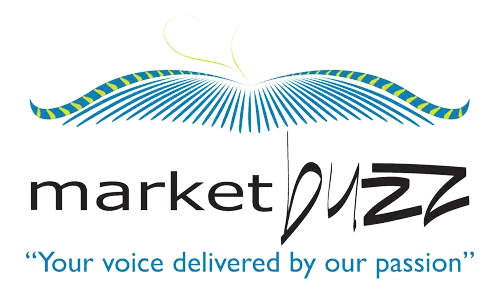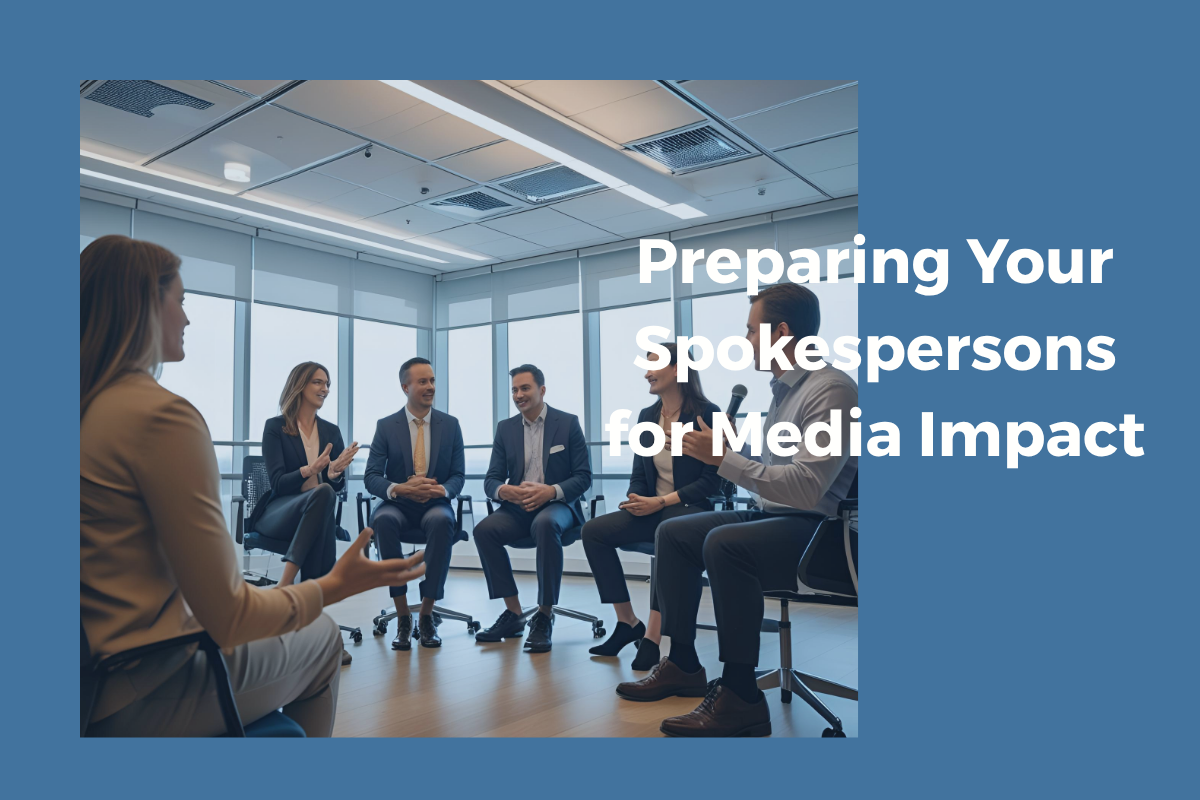Whether it’s a quick soundbite on the evening news or a deep-dive feature in a business magazine, your spokesperson is the face—and voice—of your brand. Yet too often, organisations in the Middle East skip media training, assuming natural charisma or years of leadership are enough. They’re not.
Yes, there’s a treasure trove of media training content on YouTube. And it’s worth watching for basic do’s and don’ts, like
- Media Training Tips 101: What you need to Know to be Like a Pro
- Media Training | Mastering Difficult Questions
But these resources are generic. They won’t factor in your company’s context, your industry’s regulatory sensitivities, or your regional media ecosystem. That’s why DIY training will only take you so far.
Why media training matters
A journalist interview is not a boardroom conversation. The stakes are different, the audience is broader, and the message must be clear, concise, and crisis-proof. One poorly handled quote can undo months of reputation-building. On the flip side, a well-prepared spokesperson can elevate your brand with a single interview.
Media training helps your team:
- Stay on message even when questions go off-script
- Handle tough or unexpected questions with composure
- Avoid jargon and legal landmines
- Represent the brand consistently across different media channels
- Communicate with clarity, especially when English or Arabic isn’t their first language
In the Middle East, where reputations are built on trust, and word-of-mouth still carries weight, this kind of preparation can make or break public perception.
What is effective media training
This isn’t about rehearsing lines or memorising press statements. Real media training blends messaging with media literacy and scenario-based coaching. It includes:
- Understanding the media – what journalists want, how stories are shaped, and the role of timing and soundbites
- Crafting key messages – identifying 2-3 anchor points for every interview
- Bridging and blocking techniques – tools to stay in control of the narrative
- Body language and tone – especially for TV and livestream interviews
- Role-play exercises – with feedback and real-time adjustment
- Crisis simulation – preparing for worst-case media scenarios
Even experienced leaders benefit from a refresher when launching a new campaign or stepping into a different market.
Who should be media trained
Media training isn’t just for CEOs. Depending on the context, it should extend to:
- Subject Matter Experts (SMEs) – Engineers, product managers, and researchers who might be interviewed for their expertise
- Marketing and Comms leads – who often act as spokespeople for industry stories
- Country or Regional Managers – especially in multinational companies entering new markets
- Founders and startup leaders – where the company’s story is their story
If someone might face a camera, a microphone, or a journalist with a notepad—they need training.
How to prepare your team
There’s no one-size-fits-all approach, but a good starting point is to:
- Conduct a messaging workshop – Align on the narrative you want to share
- Identify your key spokespeople – Who will speak for which topics?
- Engage a local trainer – Someone who understands the regional media landscape and cultural nuances
- Do mock interviews – Record them and offer honest, actionable feedback
- Build a media readiness checklist – especially useful before product launches or events
Many companies also conduct an annual or semi-annual refresher session, especially when new products, services, or leadership changes are on the horizon.
Final word
In today’s fast-moving media landscape, reputation is not just built on what you do—it’s built on what people hear about what you do. Don’t leave that to chance. Invest in preparing your people, not just your press kits.
If you’re not sure where to start, we’re happy to facilitate a media readiness session tailored to your company, and for your industry.



